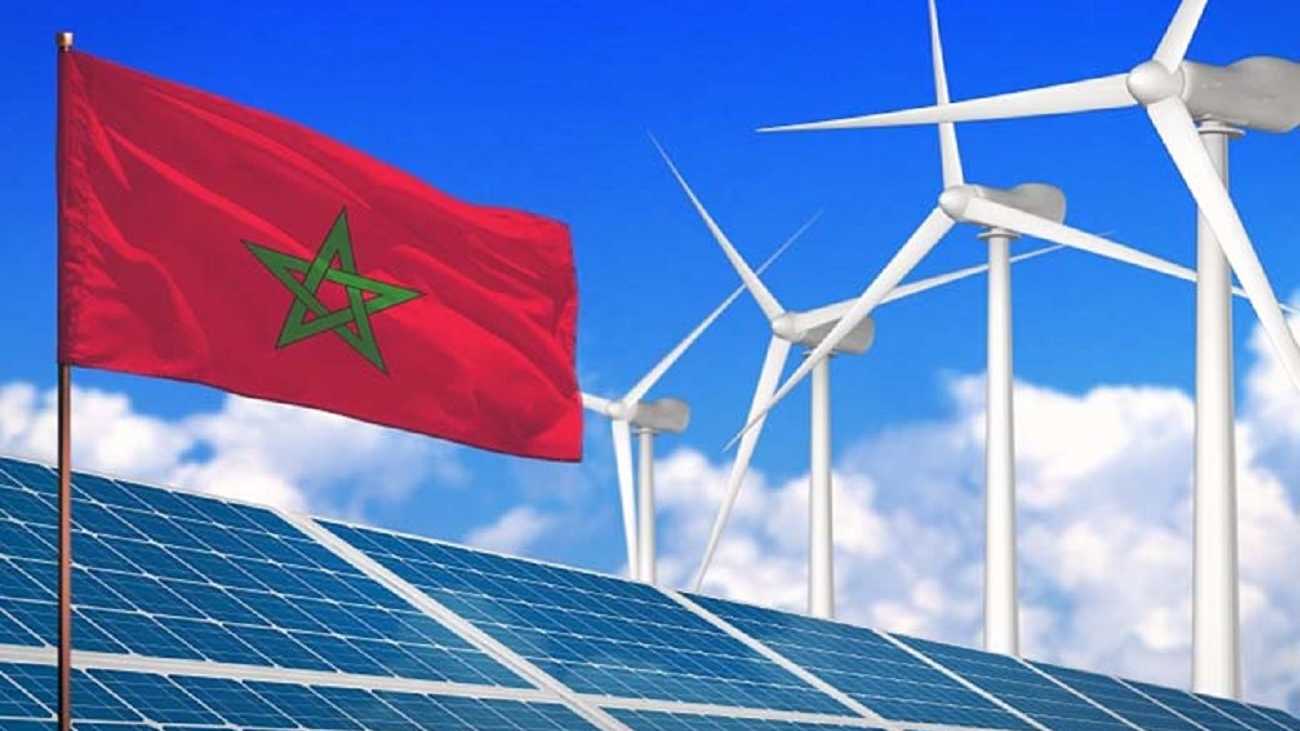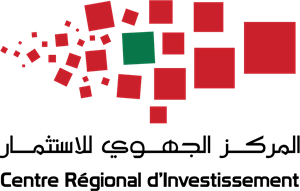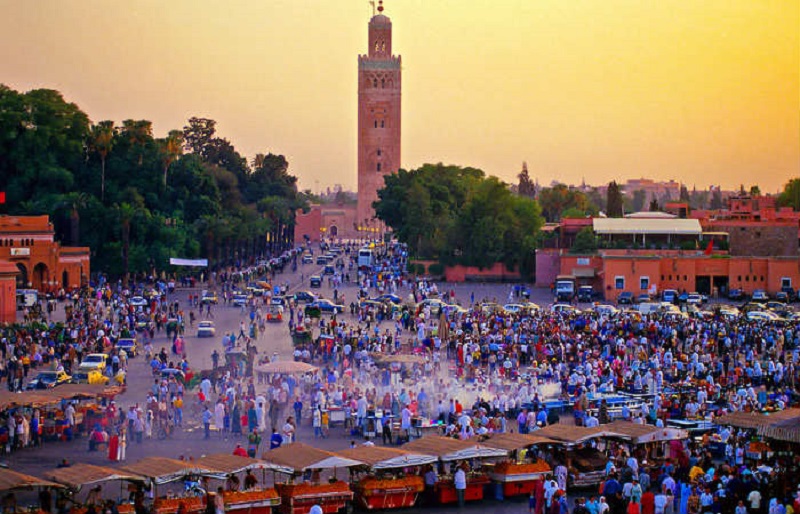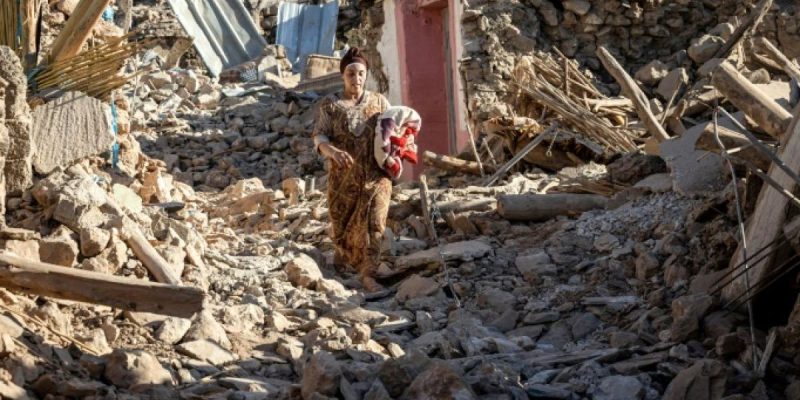Morocco is establishing itself as a premier destination for solar energy investments in the Middle East and North Africa region, according to a new report by London-based research group Bourse & Bazaar.
The study highlights significant funding from Gulf investors, including Saudi Arabia’s Public Investment Fund, Abu Dhabi’s Mubadala, and Dubai’s AMEA Power, who are increasingly targeting Moroccan solar projects. While these investors are also active in Egypt and Jordan, Morocco stands out due to its exceptional solar potential and strong national commitment to renewable energy.
The kingdom has set ambitious targets to derive 52% of its electricity from renewable sources by 2030, with plans to expand solar capacity to 2.7 gigawatts by 2027 and 2.97 gigawatts by 2028.
The flagship Noor Ouarzazate complex, with a total capacity of 580 megawatts, exemplifies Morocco’s solar ambitions. Saudi company ACWA Power has invested in all three phases of its development. Meanwhile, AMEA Power is currently developing three solar plants in Taroudant, Tangier, and El Hajeb.
Though UAE’s Masdar hasn’t established its own solar stations in Morocco yet, it has partnered with Morocco’s electricity office to bring solar power to more than 19,000 households.
The report credits MASEN, Morocco’s sustainable energy agency, with facilitating project development by streamlining permits, land access, and administrative procedures. This support has attracted major initiatives, including the X-links project to export Moroccan renewable electricity to the UK via underwater cable.
However, challenges remain. Local workforce requirements for technical positions can delay projects and reduce flexibility. Additionally, Morocco’s dependence on imported solar panel components complicates compliance with local content requirements for public contracts, affecting costs and timelines.
The report suggests Morocco may need to adjust some regulations to maintain investor appeal. It also notes that lower electricity production costs in Morocco and Egypt compared to Gulf countries are a key attraction for these investors.



